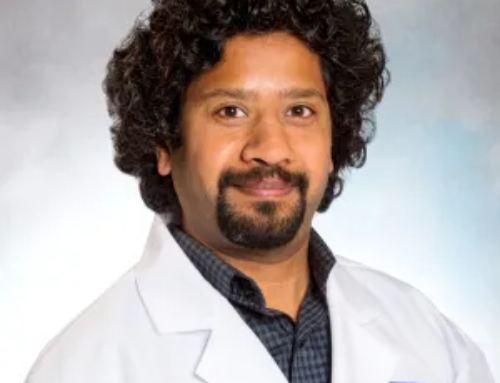
Neurodegenerative disorders, including Alzheimer’s disease (AD) and Parkinson ’s disease (PD), affect more than eleven million European citizens, and result in major suffering for patients and families, as well as in a tremendous economic burden for society. Great progress has been made to understand the underlying pathogeneses. However, despite recent progress, the success of disease‐modifying therapies is modest and the first amyloid-targeting therapies are still evolving. A range of biochemical, cell biological and histopathological findings suggest that the immune system and related inflammatory mechanisms may aggravate, or even induce, the respective disease processes. In addition, epidemiological studies suggest that certain anti‐inflammatory drugs can lower the risk of AD and the use of immunotherapy has shown great promise on various animal disease models.
The Harvard-European Alumni Training Network (HEAT-NET) is a consortium of established researchers that share common training and research interests in the field of neurodegeneration, ranging from basic science to the clinical practice. Here, HEAT-NET proposes to organize the “HEAT-NET Frontiers in Neurodegeneration: from bench to bedside” meeting, with the goal of promoting discussions and interactions between the participants, in order to generate new key hypotheses on the role of synapses and inflammation in neurodegeneration. The participants will discuss their findings using preclinical and genetic models, and will link them with emerging biomarker research on the intersection with novel therapeutic strategies. Therefore, an important goal of the “HEAT-NET Frontiers in Neurodegeneration: from bench to bedside” meeting is to contribute to translating basic research in neurodegeneration into clinical applications. One aim of the meeting is to enable the design of strategies for future clinical trials, and to create a platform that will enable exchanges in order to tackle open questions in the field of neurodegenerative diseases. Importantly, given the complexity of the problem, such efforts can only be undertaken through the joint work between members of basic sciences and clinical disciplines. A scientific consensus will be developed on the measures that have to be undertaken and on the core scientific questions that need to be addressed in order to implement concepts of precision medicine and disease interception quickly and efficiently into clinical care.
The meeting will provide an overview of the current state of the art on the role of synapses and preclinical models of neurodegeneration. After outlining the genetic landscape of the actual disorders, the role of inflammation in neurodegeneration will be discussed. Based on recent studies, recent developments on novel biomarkers will be presented, before a final session on translation into clinical trials. In particular, the meeting aims to link findings obtained using different preclinical models and findings obtained in clinical and biomarker research, with the ultimate goal of accelerating the translation into new forms of therapy and treatment. The meeting will be rounded off by public key lectures by three exceptional, world-leading scientists that will attract a broad audience of participants.


